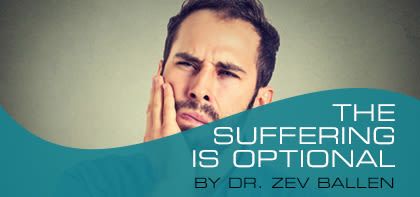
The Suffering is Optional
The challenges my children present to me are really tailor-made opportunities for me to develop my own self-awareness, so I can really make some growth...

Why is it so hard to look at our own pasts, and to accept our own “deficiencies” and also to accept our children when we’re seeing a lot of apparently “bad” traits surfacing in them? We have to remember our religious principles, which state that our children are living human souls with a separate unique purpose that is intertwined with ours.
There is so much hidden in this one, simple sentence! Who knows how many reincarnations we’re talking about; who you were in a previous life and what you did to the people currently in your life, or vice-versa? Who can guess at what you’re really down here to fix, this time round, and how that’s actually going to happen… The calculations are simply mind-boggling, and unknowable, to us mere mortals. So let’s set out some guidelines that will help us to chart a path through the maze of multi-generational soul corrections, reincarnations and missions in life.
The first guideline to remember is that we were once kids, too. We also used to dress and act and behave inappropriately, and believe stupid things. Somehow, most of those “negative” things disappeared once we started to grow up, and the same will be true for our children. So instead of getting caught up with the 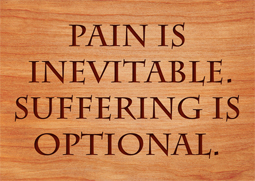 externals, let’s try to parent with emuna, which means looking under the surface, and asking ourselves: “What’s positive here?”
externals, let’s try to parent with emuna, which means looking under the surface, and asking ourselves: “What’s positive here?”
This emuna outlook applies to all of our relationships: instead of immediately jumping to negative conclusions about the other person, we have to take a breath, and remember that everyone has their own model of the world and their own way of doing things, and we have to be respectful of that. For example, if my wife is slower, and is more thoughtful than I am, instead of resenting it, and railing at the fact that she’s slowing me down in all the things I want to do, I have to think to myself that this person that I’m married to is uniquely qualified to help me attain my soul-correction. Who’s the one who really wants me to slow down, and not be in such a mad rush all the time? G-d! That’s why I’m with this woman, that’s why she’s more methodical, and takes much longer to process things than I do – because G-d wants it that way.
It’s the same with the kids. Whatever challenges my children are presenting me with are really just tailor-made opportunities for me to develop my own self-awareness, so I can really achieve some spiritual traction, or growth, in my life. OK, they’ve just spilled yet another quart of milk all over the kitchen floor, or left yet another half-eaten banana under the couch; before I get upset, though, I have to ask myself: “What do I prefer? So-called perfect kids, who never make a mess or answer back, or, to attain my soul correction?” And if our kids never spilled the milk, and our wives never overspent, would we really want to have that “perfect” life, if it meant that at the end of 120 years, we wouldn’t have come close to doing what we were sent down here to do, and correcting our soul? I don’t think so.
Let’s add some more nuances to this idea: In life, we all have to endure some pain; pain is part of life! But, there’s a big difference between pain and suffering. Pain is necessary, because used properly, it can always be a trigger for growth and change and improvement; but suffering is optional. Many of us often magnify our pain way beyond what it needs to be. It doesn’t matter what’s causing the pain, it could be an accident, an illness, or a very tight budget. The point is that we only start to suffer from our pain when our expectations don’t match up with Divine Providence, or to put it another way, when what we want out of life doesn’t match up with what G-d wants for us.
G-d is giving us the greatest gifts of pain and desperation. If we embrace these gifts, we’re going to end up with a tremendous strength that very few people have today. If we look at pain as something that can catapult us forward, and give us a tremendous “edge” in life, then we’ve just successfully broken the “negative” pattern of pain. If we use the pain properly, we can turn it around to feel happier than we could have imagined, previously. How can we do this? Simple. All we need to say to ourselves is: “I know the pain / setbacks / disappointments are from G-d.”
This is how we retrain our thoughts to turn a bad morning into a better afternoon, and a great evening. We tell ourselves: “This pain has been given to me as a gift. It’s painful, yes. But that’s the stimulus that I need right now to help me to grow. I don’t need to add on additional suffering by feeling bad about it all.”



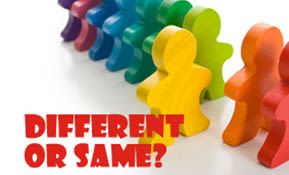


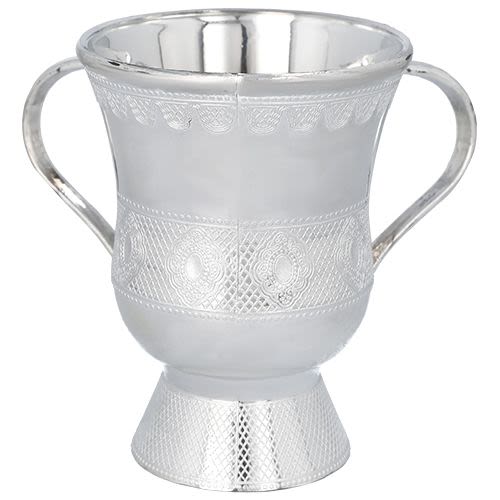

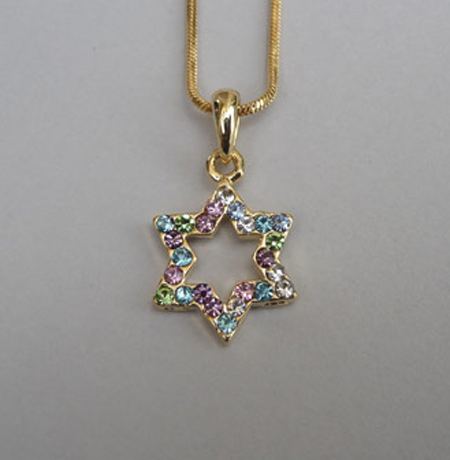
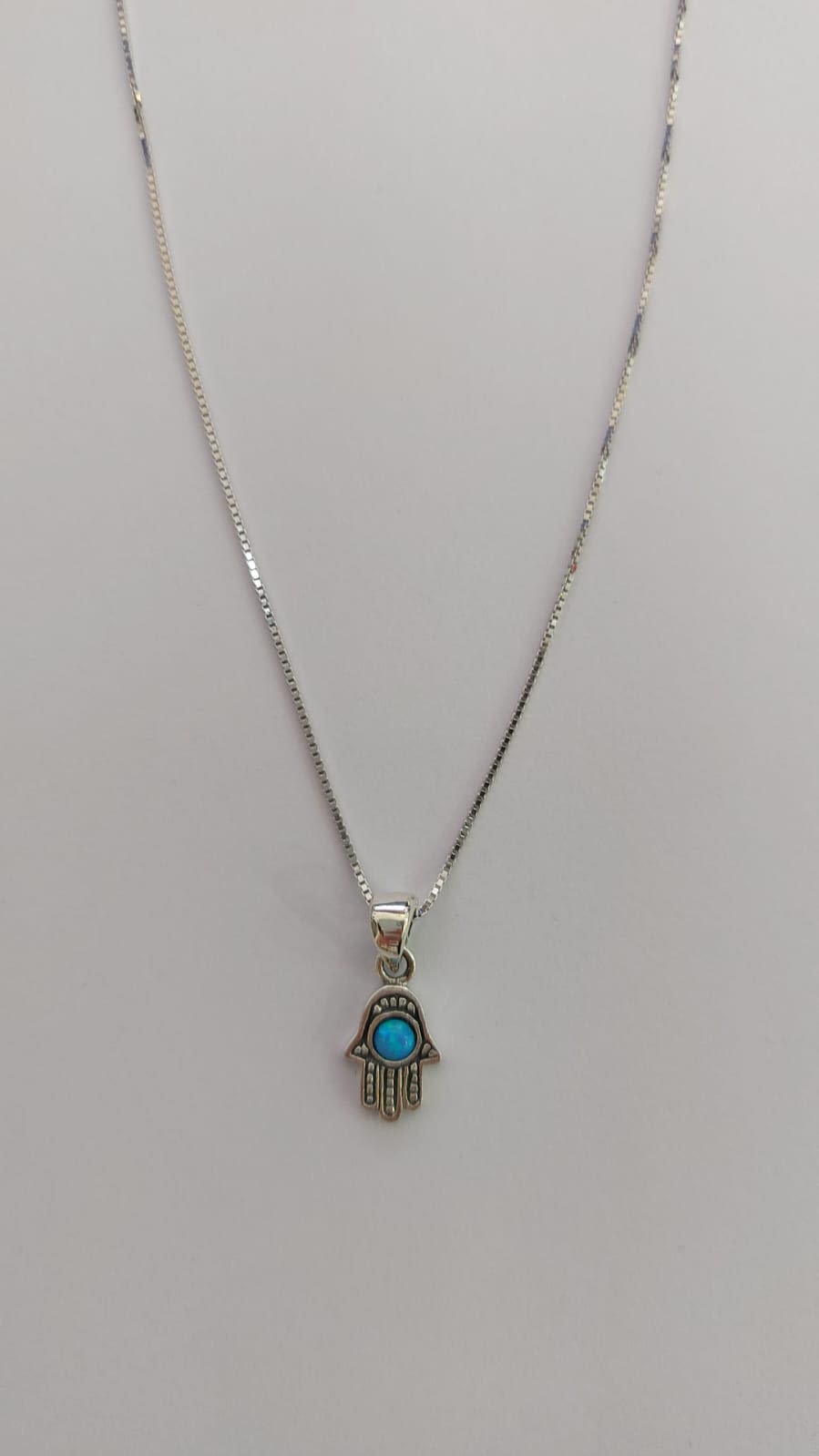

Tell us what you think!
Thank you for your comment!
It will be published after approval by the Editor.